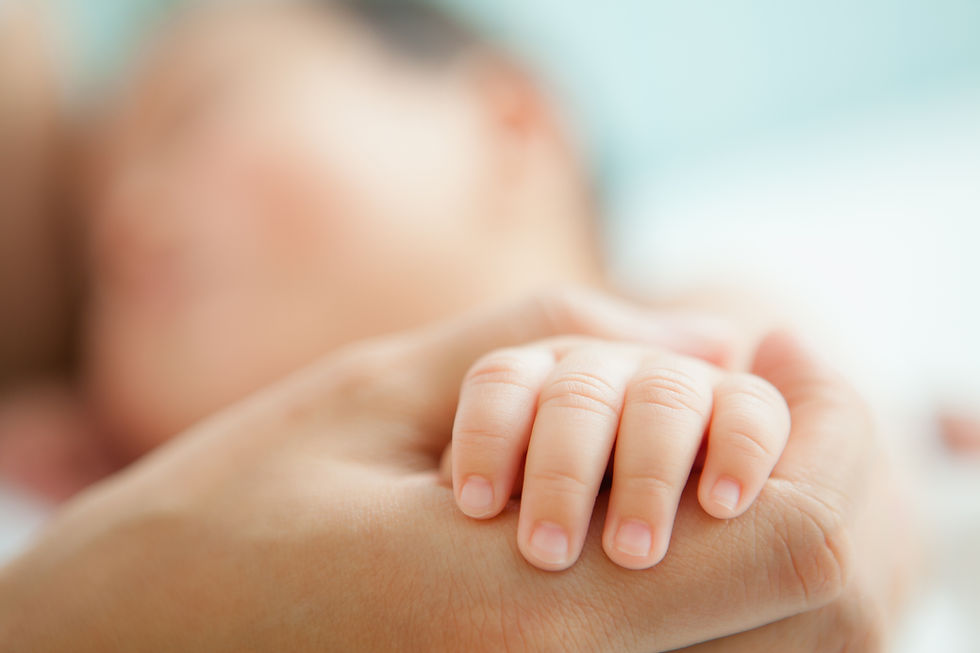Soy: is it harming or helping Fertility?
- Dr. H. Singh, ND

- Mar 28, 2022
- 2 min read
From time to time we come across a specific food, supplement or lifestyle behaviour that can get a bit of a bad rep about its effect on fertility. Soy-based products are one of those foods that many Patients are often concerned about. Soy based products are often a main source of protein for many vegetarians, vegans, and some patients from specific cultural backgrounds. So when they hear from someone that soy might be harmful for their fertility they can become quite stressed about this.
It is true that what may be fantastic for one individual may actually be quite terrible for another. However, overall we are seeing in the latest research that soy-based extracts or foods have very little evidence to suggest that they actually have any significant negative effects on reproductive outcomes. On the contrary, limited studies have actually suggested that soy-based foods may actually be helpful for specific patient subpopulations that are struggling with infertility.
How does Soy support fertility?
We do not have an exact answer for this. The impact of soy on reproductive function has been suggested to be a direct result of isoflavones, a bioactive compound found in soy, that can exert some estrogenic effects. However, most observational or prospective studies found that including soy in the diet, not just an isoflavones extracted from soy, may also influence reproductive function. Soy also contains additional bioactive compounds including: phytosterols, flavonoids, peptides, saponins and more. Therefore it is not clear yet which of these compounds, or combination of these compounds, exerts the potential physiological effects that have been observed in the studies.
Can soy affect the luteal and follicular phase length?
The research suggesting that soy may impact/shorten the luteal phase or impact the follicular phase is very weak and no conclusions can be made about this.
Soy and assisted reproductive technologies (ARTs):
Studies around soy extracts containing isoflavones being used during intrauterine insemination (IUI) and in vitro fertilization (IVF) cycles have found that implantation and pregnancy rates increased in the treatment groups when compared to the placebo-controlled groups. The researchers suggested that is may largely be due to the fact that using clomiphene citrate (a.k.a. clomid, used in the treatment cycles of patients included in this study) can thin the uterine lining, and the phytoestrogenic properties that isoflavones possess may help to reverse this by supporting a healthier/thicker uterine lining in patients consuming the isoflavone supplement.
Soy consumption and polycystic ovarian syndrome (PCOS), any benefits?
Some limited trials have found that consuming soy-based products may be associated with increased cycle regularity in patients with PCOS. Studies are limited and no conclusive effects can be drawn at this time with this limited research.
Reference:
Rizzo, G., Feraco, A., Storz, M. A., & Lombardo, M. (2022). The role of soy and soy isoflavones on women's fertility and related outcomes: An update. Journal of Nutritional Science, 11(e17), 1–17.
This article is being shared as educational content and is in no way a replacement for medical advice or medical care, it is advised that anyone concerned about their Health should speak with their Naturopathic Doctor. Please discuss with your healtcare provider and only make changes to your medications regimen if recommended by your doctor and under their guidance and supervision.








Comments